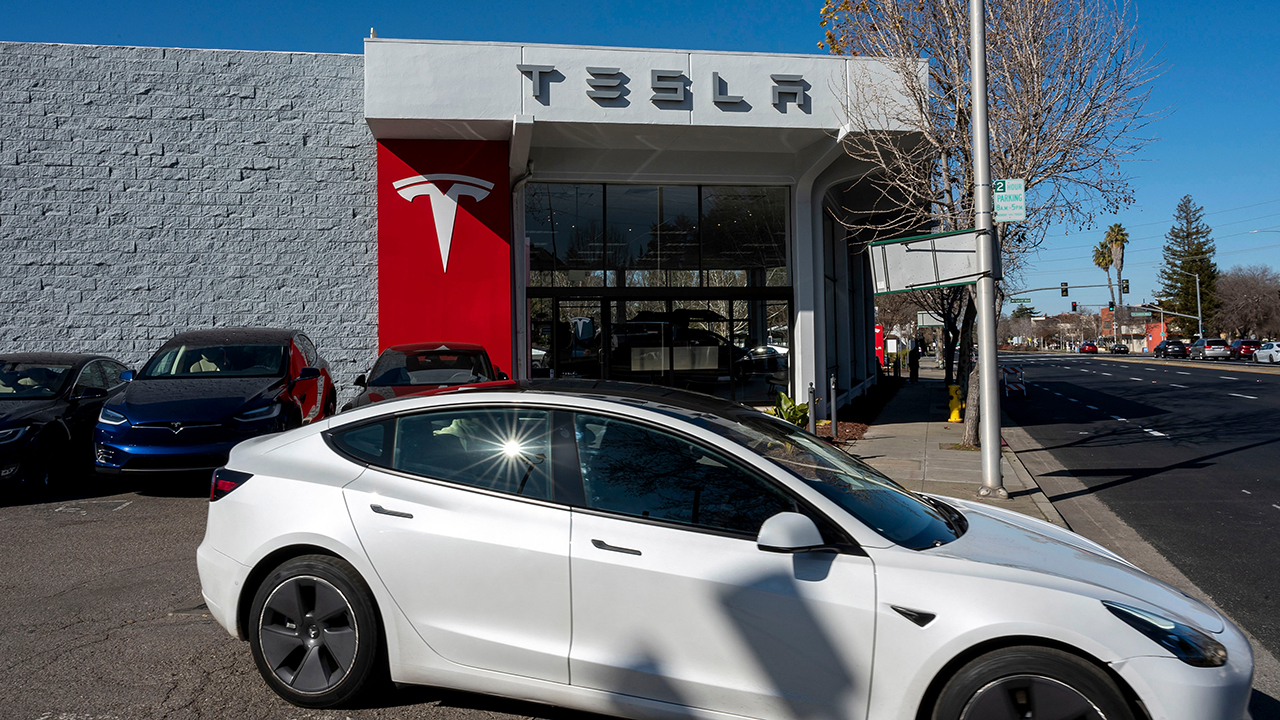Can Europe catch up? Why the EU is still behind in the global AI race

On Independence Day, the 4 July 1962, President John F. Kennedy declared, “The United States looks on a strong, united Europe not as a rival but as a partner.” More than six decades later, with growing divergence on issues such as trade, security and other geopolitical challenges, this transatlantic relationship faces unprecedented strain. The race to lead in artificial intelligence (AI) is no exception.
At the AI Action Summit in Paris in February, while the US Vice President JD Vance warned the EU against regulation, European Commission President Ursula von der Leyen unveiled a bold plan to position the EU as a global AI leader, declaring, “Global leadership is still up for grabs.” Yet, Europe still has a long way to go.
Global ambitions, uneven investment
The US remains the epicentre of AI innovation and is home to tech giants like Google, Meta, Microsoft, and Nvidia. Following his return to office, President Donald Trump announced a $500 billion AI investment plan and swiftly repealed former President Biden’s Executive Order on Safe AI. His “Big Beautiful Bill” had originally included a proposed ban on artificial intelligence regulations at the state level for the next ten years; however, the Senate unanimously voted this measure down on Tuesday.
Our nearest neighbour, the UK, has also declared its ambition to lead globally on AI, with a bold tagline “AI Maker, not AI Taker”, adopting a pro-innovation and light-touch regulation approach, as part of its £2bn AI Opportunities Action Plan.
Meanwhile, China aims to be the global leader in AI by 2030, with a focus on digital independence, computing efficiency and specific AI regulation. Research from the World Economic Forum predicts that the country’s AI industry and related sectors could grow into a market valued at $1.4 trillion by 2030. China is also home to 47% of the world’s top AI researchers and provides government-backed programmes encouraging students to pursue AI-related education.
Ireland’s opportunity: Europe’s challenge
Ireland’s AI story is compelling. With deep tech talent, a robust multinational presence and strong global reach, Ireland’s AI market is expected to hit €1.18 billion this year. By 2035, AI could contribute €250 billion to Irish GDP and potentially €60 billion more, depending on how government, industry and businesses embrace its potential. To support this opportunity, the Irish Government has created an AI Advisory Council to provide independent guidance on AI policy.
The EU has stated its goal is to promote AI innovation, which is reinforced by robust regulation. The EU’s AI Act is the world’s first comprehensive legal framework to regulate AI in the public interest and places the EU firmly as the leader in global AI governance. As part of the AI Action Continent Plan, the EU has pledged to build 13 AI factories, 5 gigafactories, and a €200 billion investment to accelerate AI adoption across the continent.
However, despite its big ambition, the EU still lags behind: 17 of the top 20 AI companies are American, and 70% of foundational models originate in the US. 61% of global funding flows through US firms and only 6% to their European counterparts. European firms also account for just 7% of global software R&D spending, compared to 71% in the US and 15% in China. The EU cannot lead if it is being outspent ten to one; greater investment is crucial to leverage homegrown AI innovation.
Between 2018 and the third quarter of 2023, almost €32.5 billion was invested in EU AI companies, compared with more than €120 billion in US AI companies. Recent investments in US AI companies (e.g. OpenAI and Anthropic) have further widened the gap between the EU’s and the US’s relative share of private investment in AI.
What must the EU do next to become an AI leader?
- Improve digital infrastructure: The EU must work towards digital independence and infrastructure improvement. Europe’s largest cloud provider, OVHcloud, holds a mere 2% of the market. Over 80% of Europe’s digital infrastructure is imported from outside the bloc; this high level of dependency on non-European-based tech companies poses several security and economic concerns for the EU.
- Unlock more capital for scaling: As outlined in the Draghi and Letta reports, for AI companies to scale and grow, the EU must expand venture capital through deepening the Saving and Investments Union (SIU) and to continue to promote an independent digital ecosystem that empowers European startups to grow at home, whether that’s in Dublin or Paris, and not flee to Silicon Valley or Shenzhen. Europe-based AI start-ups represented over a third of global M&A activity in 2024, mainly acquired or relocated by US firms.
- Attract and retain top talent: While EU initiatives like Horizon Europe and Digital Europe, with specific allocations for AI research and innovation, are positive steps forward, we must also attract and retain global talent. The EU can do this by streamlining visa pathways and the creation of prestigious EU-wide fellowships, alongside stronger academic-industry collaboration, akin to US models, with examples such as MIT–Google partnerships. Initiatives like these will be key to keeping Europe’s brightest minds right here in Europe.
- Close the digital skills gap: Crucial to the EU’s success as a global leader in AI is education. Currently, 44% of adults lack basic digital skills; addressing this skills gap and investing in AI-related education will be vital for the future European economy. According to PwC’s 2025 Global AI Jobs Barometer, jobs requiring AI skills now command a 56% wage premium, underscoring the urgency of preparing Europe’s workforce for an AI-driven future.
A turning point for Europe
Strengthening Europe’s AI ecosystem is not just about investment or regulation; it is about vision and urgency. The EU must stand firm in its commitment to ethical AI, while scaling innovation across a market of nearly 450 million people.
There is pressure building to water down parts of the AI Act. European Commission technology chief Henna Virkkunen recently suggested the EU “should not rule out postponing some parts of the AI Act.” At present, we are also awaiting a crucial announcement from President Trump regarding trade tariffs, with fears of a global recession on the horizon. As tariff negotiations continue, there are concerns that the EU may water down its digital regulation commitments, including AI laws.
As we reflect on over 100 years of Ireland–US diplomatic relations, the EU must make a choice. AI will shape the next generation of jobs, industries and power structures. Europe cannot afford to wait. It must lead, invest and believe in its own potential.
The post Can Europe catch up? Why the EU is still behind in the global AI race appeared first on EU-Startups.




















































.png?Expires=1838763821&Key-Pair-Id=K2ZIVPTIP2VGHC&Signature=IO0~CT3pU-TcxGc~yoZSmoQx23MZVuK-~4jSii~NKEblRmyO3el7NXPu~Rh1o23voASg7hlcHLw4kvQuDK1jssEhcjoNBBvEpZ~GGOAU6yosBhpHpeF179F~h7i6VxmsBNh9gtTutkoqY73O2YCFey~IAqSzKbBqETP1kP9cAg1916Z1YkJJs-5MliMrkZ5d7-mWGLbpHp2wGj2VlMph8XzYlL4~y1O7fB~JdIS~Rs4RMRs2x0WT1qUIpHAsf3GdwtOyAmKFSpIg8xCyNGZZ5h~13nXlmpd7uPvW8tBfttpG9pFTqcway-uch5WyfHOEfi7UlJCOWrr6fCYY5PMgSg__)







